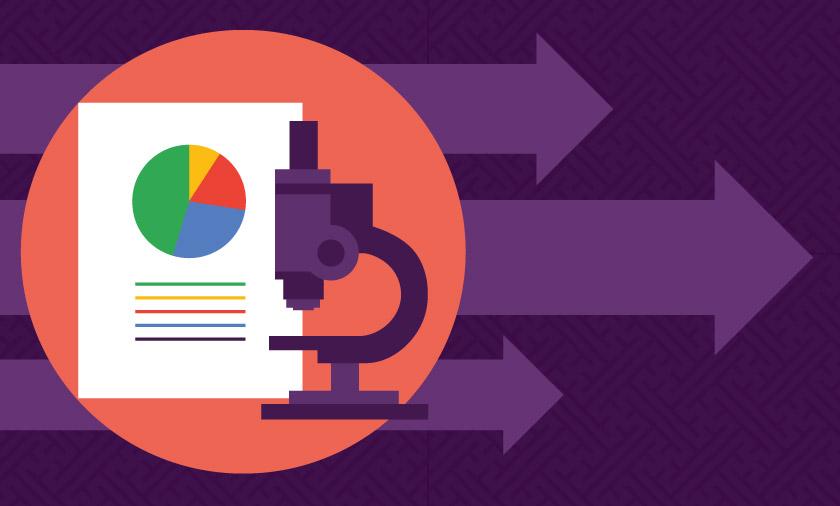Website and Page Speed - improve your SEO and make customers happier
Tuesday, 15th September 2015

No one likes waiting and when it comes to the web. Concentration is minimal so you have a limited window of opportunity to impress.
So if much of that window is spent waiting for pages to appear rather than using the site then you've already blown it.
Page load, page speed, download times - there are many terms to describe it but it just means "how long does it take for your website to load". Page speed is important and there are two big reasons you should care - customer satisfaction and search engine optimisation.
Why it's good for customers
Long load times will leave customers frustrated but happy customers equal better conversions, better sales and better word of mouth. Keep your customers happy by making your pages and website quick to load whether they view on a desktop computer or on the move on their mobile and tablet devices.
Why do the search engines care?
The search engines (despite their commercial obligations) understand that what is good for humans is also good for them so when ranking websites for their listings - page load time is among the myriad factors they use to influence these so it makes great business sense to consider your page load times. Remember though, increasing your page speed is something to get you ahead of your competitors rather than something Google will punish you for if you don't meet a certain criteria.
Load times and business goals
The ideal scenario is to have the page load time be a major consideration when you first have your website designed. However, your business goals might conflict with this. For instance, images are the biggest drain on load times yet marketing-wise you might need a photo-driven website. You would then serve both goals by using smaller optimised images as thumbnails and previews into the larger ones so at least you keep your absolutely necessary files down to a minimum.
How fast or big should my site be?
There is no magic number, like the example above, it's about striking a balance between your business goals and serving your users (to the detriment of neither). Remember as well that mobile users need their pages even smaller and faster due to the likelihood that users will be on slower connections than if they were connected to Wi-fi.
Things to look out for
Like we've mentioned above, images tend to be the largest filesizes your websites will have. If you have a carousel on your website consider reducing the amount of slides it has or consider getting rid of it altogether (not only are carousels are terrible way of adding unnecessary images to your site but they've shown to test poorly for usability). For other images, try image optimisation tools such as ImageOptim and Compressor.io.
External Scripts
Next up is any type of external scripts and media such as embedded Youtube videos or Facebook and Twitter's like and tweet buttons. These call lots of external code and weight to your page so make sure if you are using these that you do it as efficiently as possible. For example, for Youtube videos you could hide the script entirely and call it in only when a user has clicked on the video (and effectively asked for it).
Minify your code
Your code is another area you can shave off those final KBs. Check to see what you can minify and exclude in your CSS and JS code. Ideally you'd like to minify everything (and with automated tools in Wordpress and the equivalent you can) but if not then try and minify what you can within your scripts but leave yourself enough flexibility to still be able to edit it easily in the future.
How do I check my site speed?
Google PageSpeed Insights and Pingdom are great tools to help gauge the current filesizes and times your website is currently loading at but like any validator they are fool-proof and having your web developers read between the lines of these results can be a great way of finding problem areas.
Can we help?
Have you got a site that loads slowly or is page speed optimisation a big consideration in your next website build. If so, please get in touch with us.




